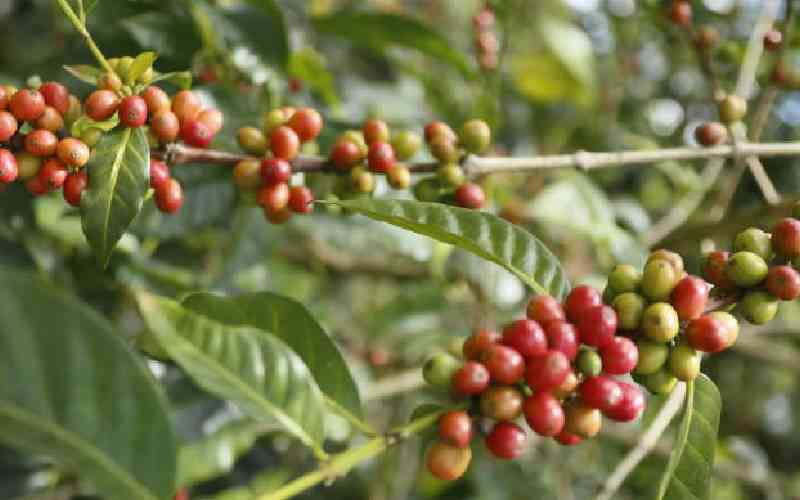×
The Standard e-Paper
Kenya’s Boldest Voice

Kenyan coffee farmers have faced challenges since the late 1980s. They have received promises from the time the Nairobi Coffee Exchange (NCE) was automated to deal with price fixing cartels coffee through to when marketing was liberalised to enable them sell their coffee.
Every time changes are proposed, there has always been renewed hope that farmers will earn a higher and more justifiable pay. Most of the changes are good but the implementation has been poor.